Subtotal: ₹705
Afghanistan: Government and Politics (Hardcover)
Verinder GroverOriginal price was: ₹1,100.₹880Current price is: ₹880.
“Afghanistan: Government and Politics” by Verinder Grover is a highly recommended book for anyone interested in understanding the complexities of Afghanistan’s political landscape. Grover’s comprehensive analysis, balanced perspective, and in-depth research make this book an invaluable resource. It provides valuable insights into the challenges faced by the Afghan government, the impact of cultural and ethnic diversity, and the dynamics between internal and external actors. This book is a must-read for scholars, policymakers, and anyone seeking a nuanced understanding of Afghanistan’s governance and politics.
5 in stock
Description
“Afghanistan: Government and Politics” by Verinder Grover is a comprehensive and insightful exploration of the political landscape and governance structures in Afghanistan. Grover, a renowned political scientist and expert in South Asian politics, delves into the complex history and contemporary challenges faced by the Afghan government. This book provides a thorough analysis of the country’s political system, examining its strengths, weaknesses, and the various actors involved. Grover’s in-depth research and nuanced approach make this book an essential resource for scholars, policymakers, and anyone seeking a deeper understanding of Afghanistan’s political dynamics.
In this review, we will discuss the book’s main components, evaluate its strengths and weaknesses, compare it with other relevant works, examine its themes and interpretation, analyze the characters and characterization, explore the author’s background, assess the writing style, consider public opinion, outline the pros, and provide a final verdict.
Grover’s “Afghanistan: Government and Politics” offers an encompassing summary of the political landscape in Afghanistan. The book begins with an overview of Afghanistan’s history, tracing its evolution from ancient times to the present day. It then delves into the structure of the Afghan government, including the presidency, parliament, judiciary, and local governance. Grover provides detailed insights into the constitutional framework, electoral processes, and the role of political parties in shaping Afghanistan’s political system.
The author goes on to examine the key challenges faced by the Afghan government, such as corruption, instability, and the ongoing conflict with the Taliban. He explores the complex relationship between the central government in Kabul and regional power brokers, highlighting the delicate balance of power and the various factions vying for control. Grover’s analysis also incorporates an examination of the role of external actors, such as the United States and neighbouring countries, in shaping Afghanistan’s political trajectory.
Grover’s analysis of Afghanistan’s government and politics is both thorough and insightful. The book provides a balanced perspective, taking into account the historical, cultural, and social factors that have shaped the country’s political landscape. The author’s extensive research is evident in the depth of information presented, and his ability to synthesize complex concepts into accessible language is commendable.
One of the book’s strengths lies in its exploration of the challenges faced by the Afghan government. Grover tackles issues such as corruption and the lack of effective governance head-on, offering thoughtful analysis and potential solutions. His examination of the Taliban insurgency and the impact of regional dynamics provides valuable insights into the complexities of the Afghan conflict.
Another notable aspect of Grover’s analysis is his consideration of Afghanistan’s cultural and ethnic diversity. He explores the tensions between the Pashtun majority and other ethnic groups, shedding light on the underlying factors that contribute to political instability. This nuanced approach adds depth to the book and helps readers grasp the complexities of Afghanistan’s political landscape.
When comparing “Afghanistan: Government and Politics” with other books on the subject, it stands out for its comprehensive coverage and balanced analysis. Grover’s work goes beyond a simple examination of the government structure and political processes; it delves into the historical, cultural, and regional aspects that shape Afghanistan’s political dynamics.
In contrast to some other books that focus solely on the military and security dimensions of Afghanistan, Grover’s book provides a holistic view, giving equal importance to governance and political institutions. While other works might emphasize the role of external actors, such as the United States, in shaping Afghanistan’s politics, Grover’s analysis remains centred on internal dynamics and indigenous political forces.
“Afghanistan: Government and Politics” encompasses several key themes that shed light on the country’s political landscape. One prominent theme is the struggle for power and influence between different factions within Afghanistan, as well as the external actors involved. Grover examines the complexities of this power struggle, highlighting the delicate balance that must be maintained to achieve stability.
Another important theme explored in the book is the impact of cultural and ethnic diversity on Afghanistan’s politics. Grover emphasizes the significance of understanding the dynamics between the Pashtun majority and other ethnic groups, such as the Tajiks, Hazaras, and Uzbeks. He argues that a deeper appreciation of these dynamics is crucial for fostering unity and overcoming divisions within the country.
Furthermore, Grover delves into the challenges of establishing effective governance and combating corruption in Afghanistan. He analyzes the systemic issues that hinder the government’s ability to provide essential services and maintain public trust. Through this exploration, he highlights the need for comprehensive reforms to strengthen governance structures and promote accountability.
“Afghanistan: Government and Politics ” focuses primarily on the political actors and institutions rather than individual characterizations. Grover provides insights into the roles and motivations of key figures within the Afghan government, political parties, and regional power brokers. However, the book does not extensively delve into personal biographies or individual narratives.
About the Author:
Verinder Grover is a distinguished political scientist and an expert in South Asian politics. He has authored numerous books and scholarly articles on various aspects of political science, with a particular focus on India, Pakistan, and Afghanistan. Grover’s extensive research and expertise make him well-suited to tackle the complexities of Afghanistan’s government and politics.
Grover’s writing style is scholarly and well-researched, providing readers with a comprehensive and detailed account of Afghanistan’s political landscape. The author strikes a balance between academic rigour and accessibility, making the book suitable for both experts and general readers interested in the subject. Grover’s writing is clear, concise, and free from jargon, ensuring that complex ideas are conveyed effectively.
What People Say About This Book:
“Afghanistan: Government and Politics” has received high praise from scholars and experts in the field. Many commend Grover’s extensive research and in-depth analysis, noting that the book provides valuable insights into the complexities of Afghanistan’s political system. Reviewers have praised the author’s balanced perspective and his ability to present complex ideas in a clear and accessible manner.
Readers appreciate Grover’s nuanced approach, which takes into account the historical, cultural, and regional factors that shape Afghanistan’s politics. The book is often described as an indispensable resource for policymakers, researchers, and anyone seeking a deeper understanding of Afghanistan’s governance structures and political dynamics.
- Comprehensive analysis of Afghanistan’s government and politics.
- Balanced perspective that incorporates historical, cultural, and regional dimensions.
- Insightful exploration of the challenges faced by the Afghan government.
- Nuanced examination of cultural and ethnic diversity in shaping politics.
- Scholarly yet accessible writing style.

 Administrative and Management Thinkers: Relevance in New Millennium
Administrative and Management Thinkers: Relevance in New Millennium 
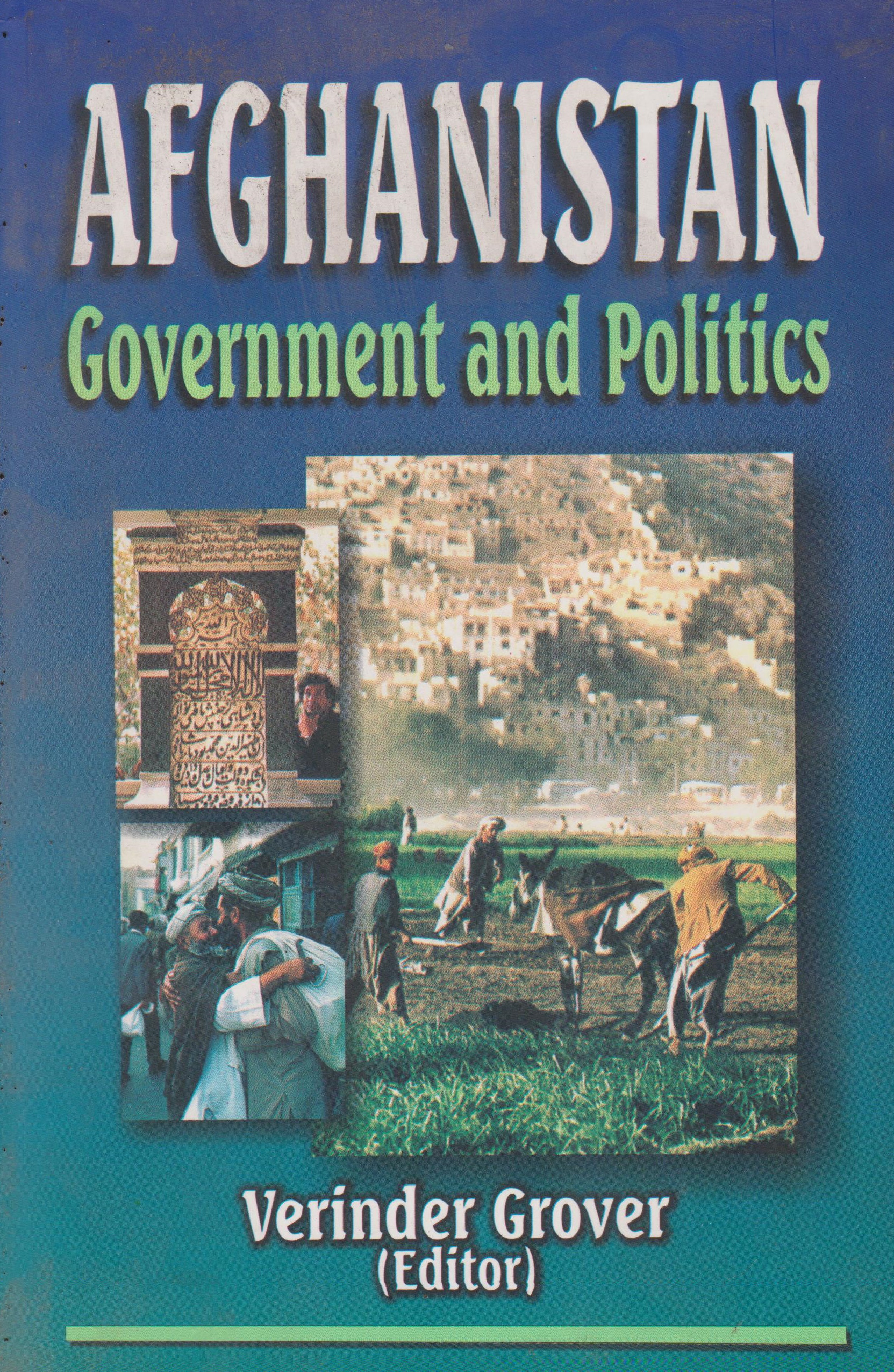
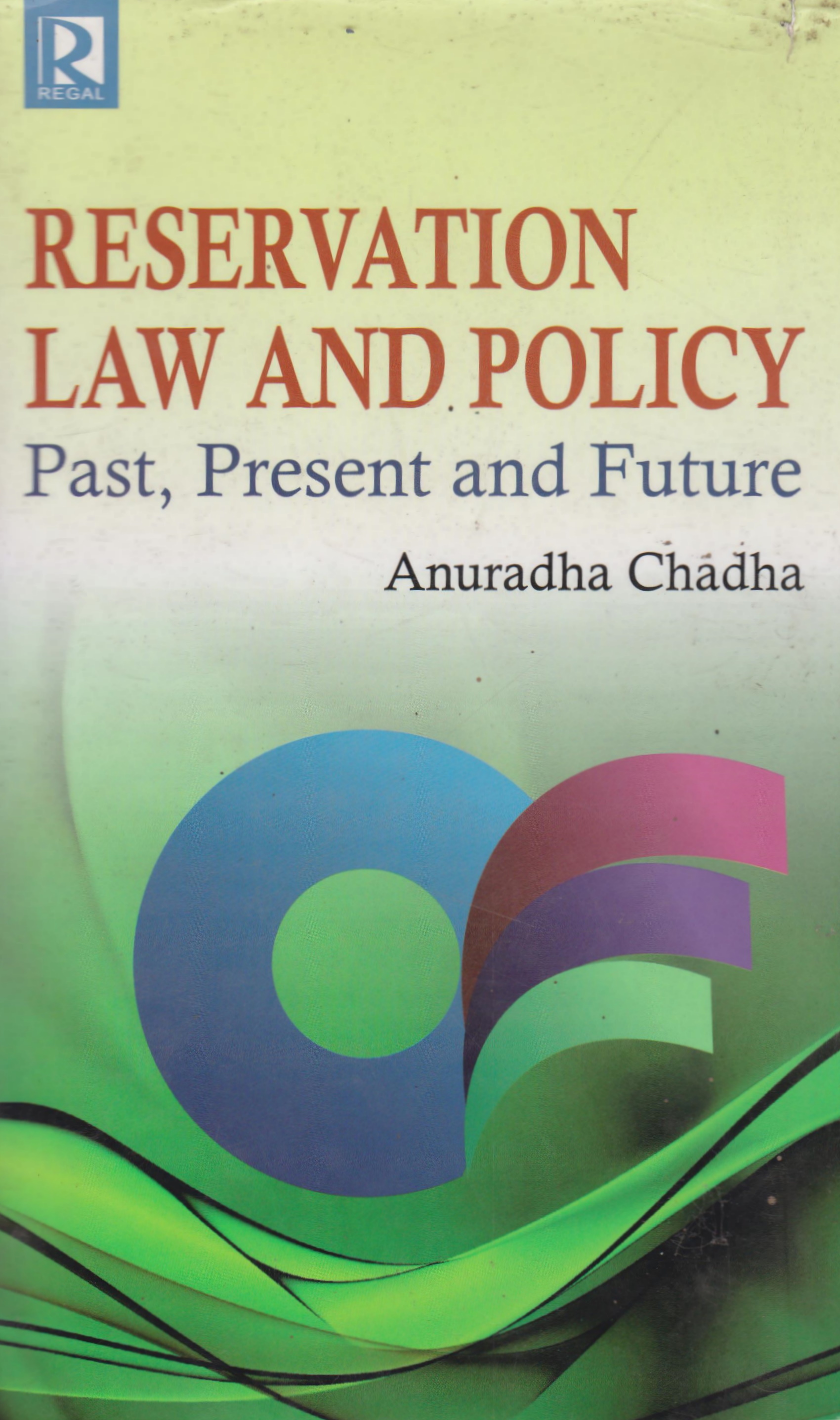

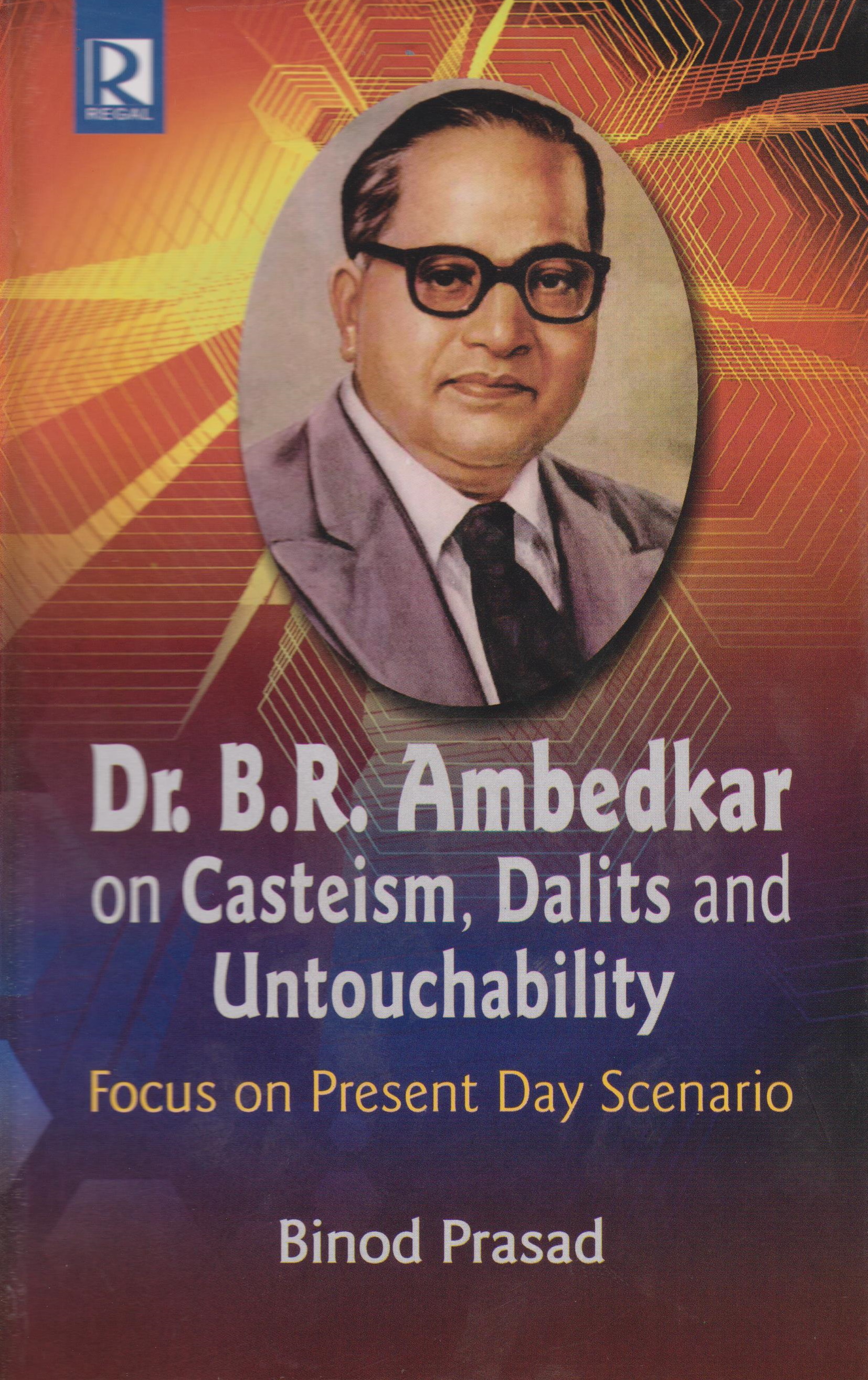
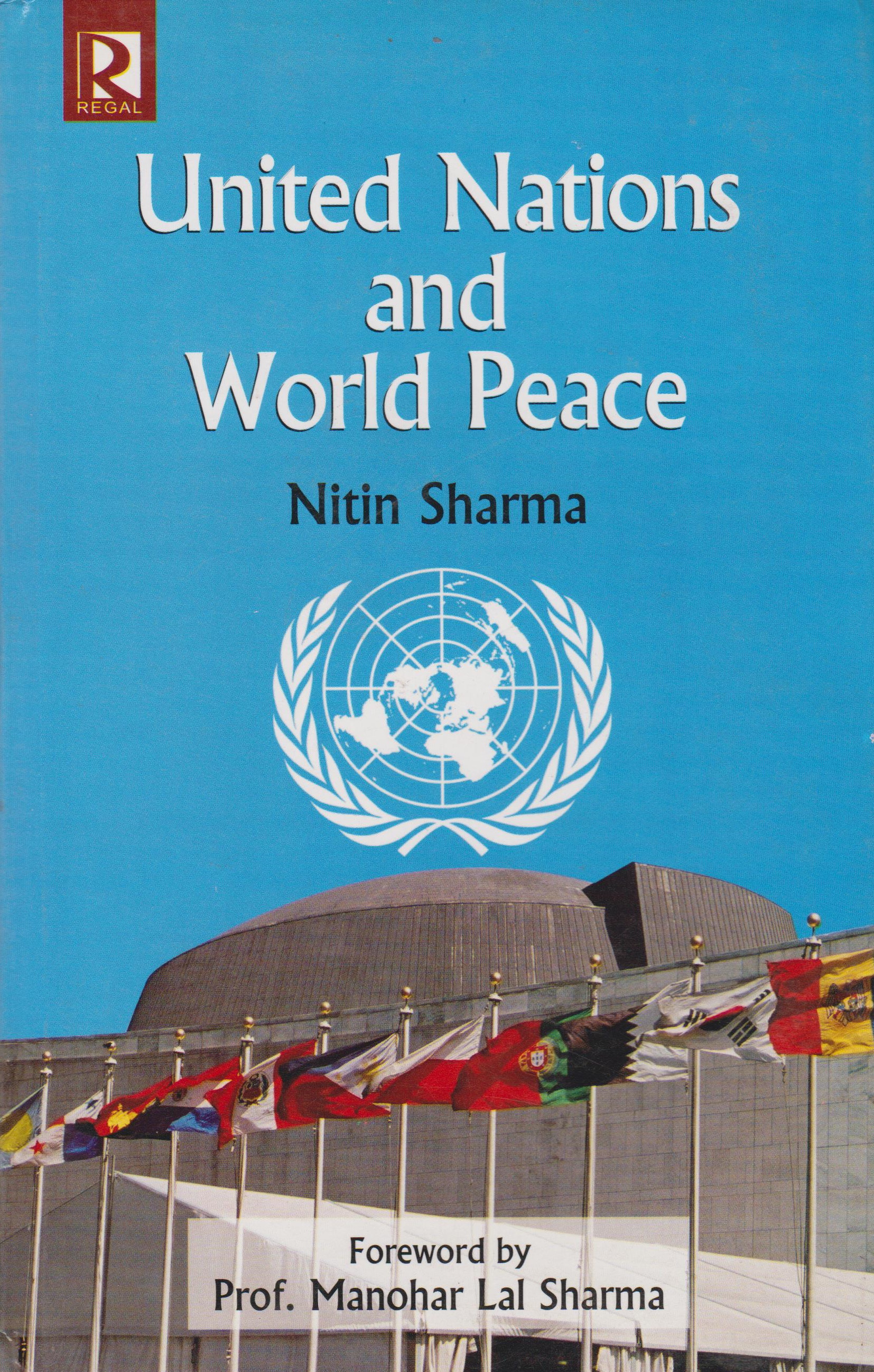

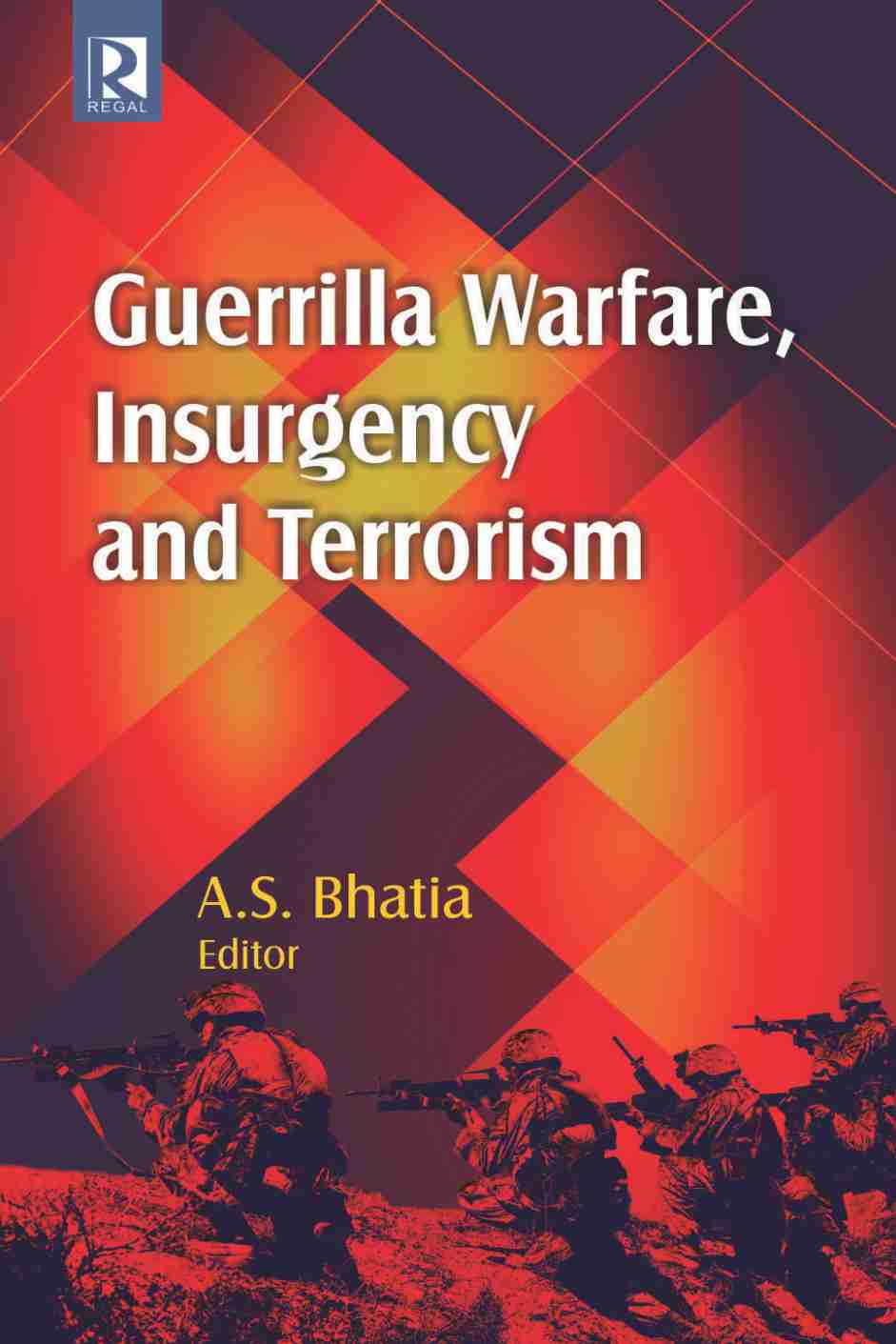
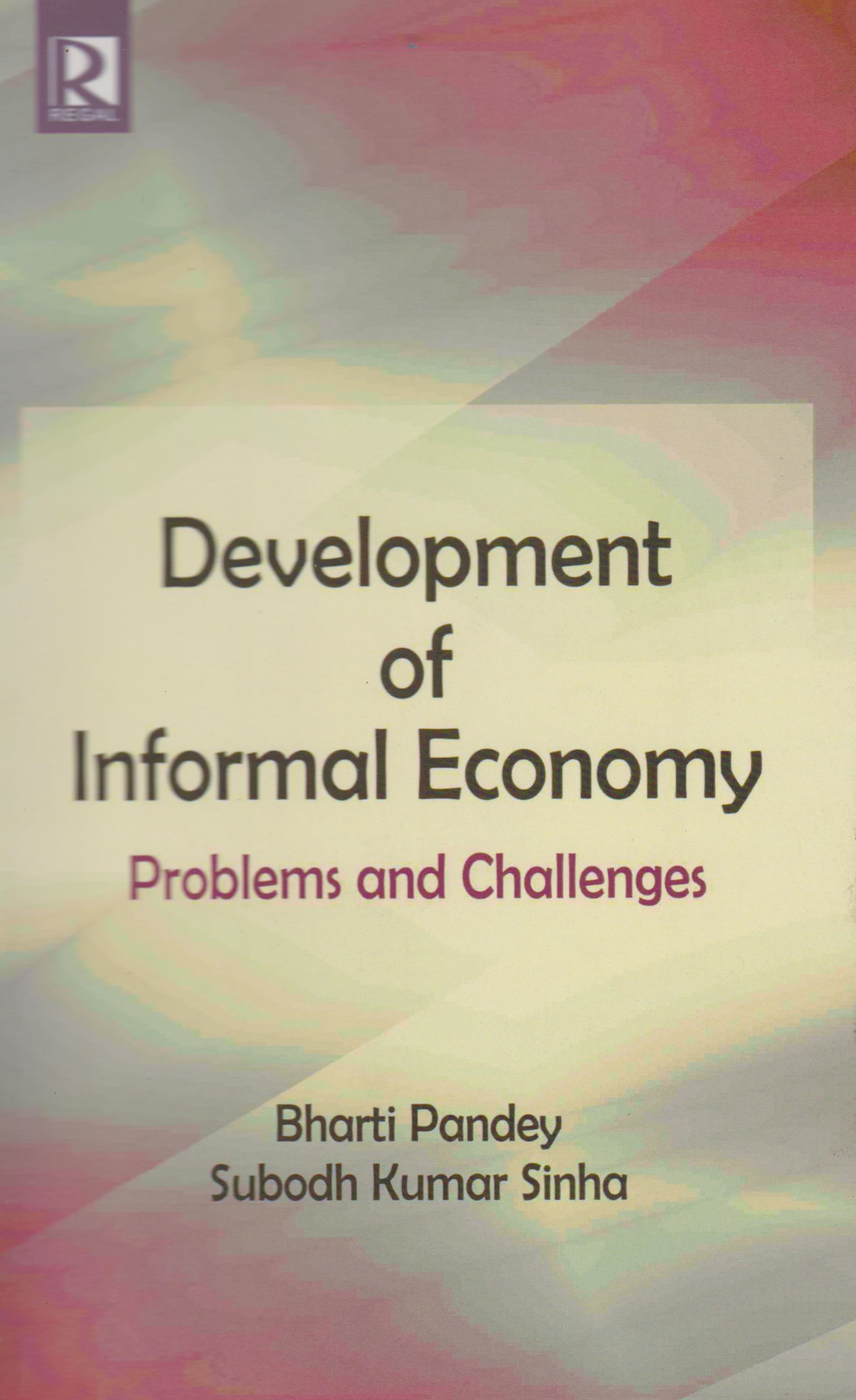
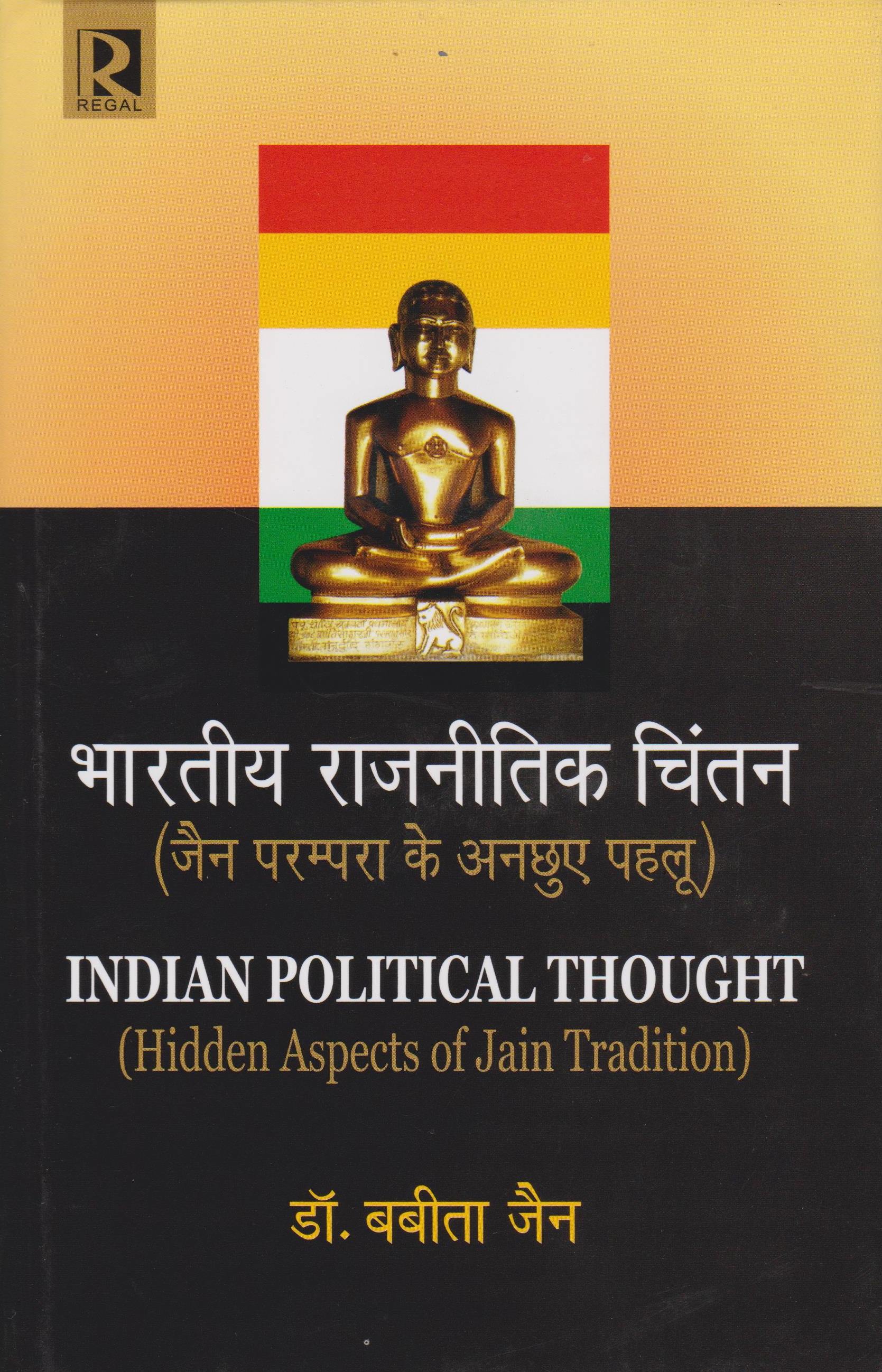


Reviews
There are no reviews yet.